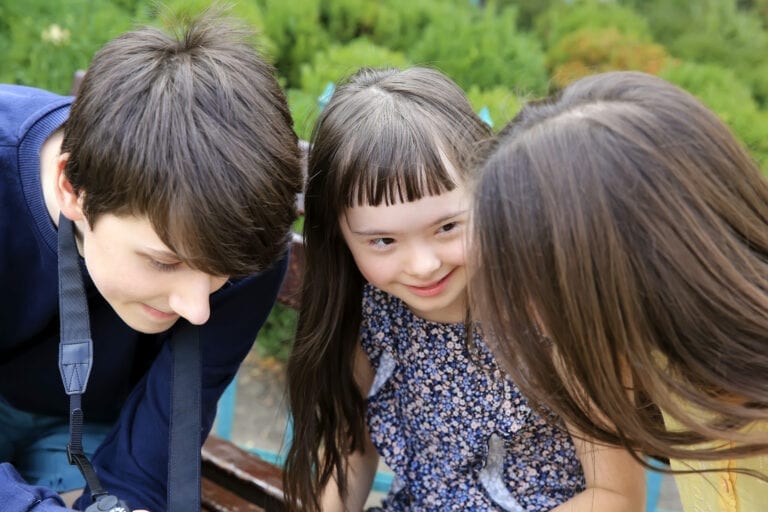The right music can move mountains. Rhythm, tone, and melody have been utilized for at least 45,000 years. It’s in our nature to enjoy music. From infants to seniors, the physical, emotional, cognitive, and social needs of people of all ages can be met via the practice of music therapy. The benefits of music therapy for seniors
The elderly can benefit in many ways from listening to music, both physically and mentally. Music therapy for the elderly includes both listening to and playing music. Many retirement homes include treatment as part of the social calendar since it is so enjoyable.
Music is adaptable to any way of living.
The right song at the right time can bring on smiles and tears all at once. Numerous opportunities exist for incorporating music therapy into our daily life and those of our elderly loved ones. You can try some of the suggestions presented here. Clinically, the goals of musical therapy for the elderly include the preservation or enhancement of physical health, cognitive ability, and social performance.
The Science of song
Learning facilitation is one of the most researched benefits of music therapy. A study out of the Montreal Neurological Institute found that regular musical practice increased brain plasticity*, or the brain’s ability to form new neural connections, both in the short and long term. Understanding music can help elders maintain cognitive function, especially as brain plasticity declines with age.
Multiple American university studies have demonstrated that simply listening to music has positive effects on mental health. According to research published in The Gerontologist, gospel music* has a calming effect on elderly listeners. People who listened to the music also felt better about themselves and more in charge of their life. Despite the spiritual aspect of the songs used in the study, the favorable benefits were seen in both religious and nonreligious seniors.
Enhance Recall and Concentration
Memorizing words, patterns, rhythms, and instructions is a crucial part of music therapy for the elderly. If they want to “make music,” participants need to train their focus in a way that is fun for them. Participants are more likely to stick with the program and give their best when they feel invested in the group’s success.
Dementia Patients’ Agitation Settles Down
To help their patients unwind, music therapists play songs with unique themes, lyrics, instruments, and rhythms. The stress hormone cortisol is reduced, and so is the heart rate. The effect helps elderly people feel physically and mentally more ready to unwind.
Stress and Depression Relief
There is no better medicine than music. It has the power to affect us on an emotional level. Upbeat melodies and lively music have the power to rapidly dispel feelings of despair, anxiety, and hopelessness. Music that has personal significance to us has a calming and soothing effect simply by being heard. Seniors who are isolated and lonely benefit much from these gatherings. When a person is preoccupied and enjoying themselves, they are less likely to think about their depression.
Be more active and get some exercise.
Moving around is an integral part of certain music therapy sessions. Clapping, moving the arms and legs, and shaking instruments of varying sizes and pitches are all examples. A common activity involves making music with found objects. When you let your guard down, you immediately begin to sway and maybe even dance to the music. Even the most sedentary people can reap these rewards.
Improve Your Capacity for Expression
For people living with dementia, music therapy can be a great aid. The decrease in one’s linguistic abilities is slowed as a result. Those who have lost the ability to speak may express themselves through humming or hand gestures. Participants are also encouraged to use the song as a means of communication since it facilitates the sharing of innermost emotions.
Aid in Developing Social Skills
Dementia, Alzheimer’s disease, and other neurocognitive illnesses are associated with high rates of social anxiety among the elderly. Anxiety and restlessness are symptoms of social anxiety. Seniors who undergo music therapy can overcome their anxiety, thereby seizing the rare opportunity to unwind and appreciate the company of others. Those who are struggling can also benefit from working in a
Music therapy plays an integral role in day-to-day treatment plans. Three to twelve people make comprise a “group” for a session. People who are bedridden or who respond better to one-on-one sessions with our Music Therapist also benefit from her services. Although the senses are piqued, it is not uncommon for groups to begin discussing the music. They evoke warm feelings and lead to meaningful conversations regarding the words they contain. Experiencing live music is a fundamental human experience. One of the most popular activities amongst our residents is listening to music in the great outdoors, surrounded by nature.
Finally, we’ll offer some ideas for incorporating music into your daily routine. Give your senior loved ones the gift of music and its many advantages.
Make Your Playlists
There are a plethora of options for listening to music online now, whether you want to create your playlists or use someone else’s. You may listen to music on a variety of devices with services like Spotify, Pandora, Apple Music, and YouTube Music. Install an Amazon Echo for hands-free control of your music library. Decades, genres, and artists can all be used as categories. Create a list that will motivate, excite, and delight its readers.
Select the Appropriate Senior Music Player
People with dementia or Alzheimer’s disease have several choices in portable music players. It’s up to the user to decide which gadget is best for them. It’s ideal to go shopping with your loved one in person. Find out what they think and see how they use the product. Dementia and other memory impairments are common among the elderly, hence special music players have been created for them. They are sold on Amazon.com.
For the elderly, we recommend the following songs:
- You Are My Sunshine
- This Little Light of Mine
- The Lion Sleeps Tonight
- Take Me Out to the Ballgame
- Don’t Worry, Be Happy
- American Pie
- Lean on Me
- Amazing Grace
- Blue Suede Shoes
- Somewhere Over the Rainbow
- Blue Skies
Put music first.
Be a role model and begin listening to more music in your daily activities. Get your elderly relatives up and dancing to their favorite tunes! Encourage them to use the tools by giving them straightforward instructions. The benefits of music therapy for seniors







